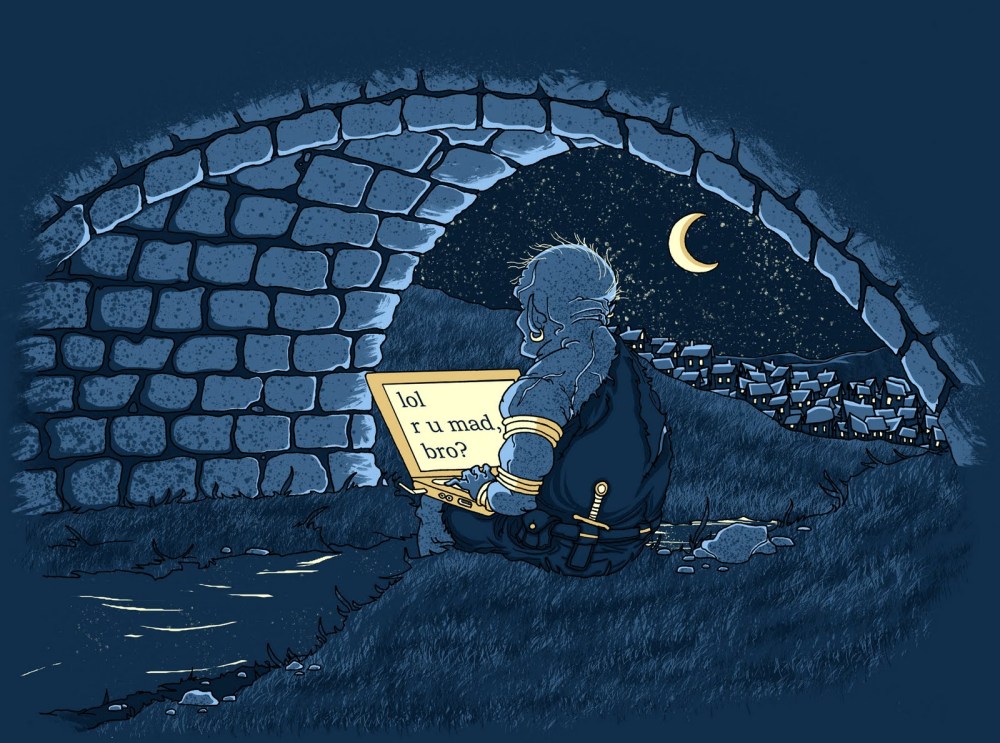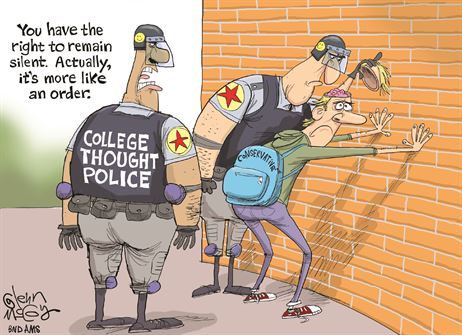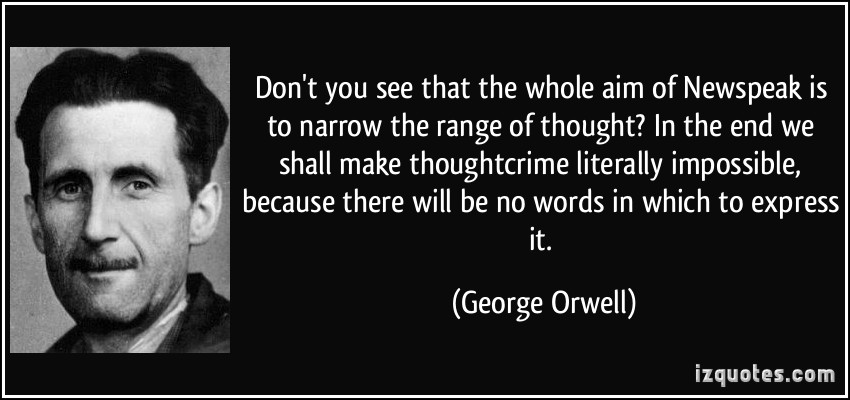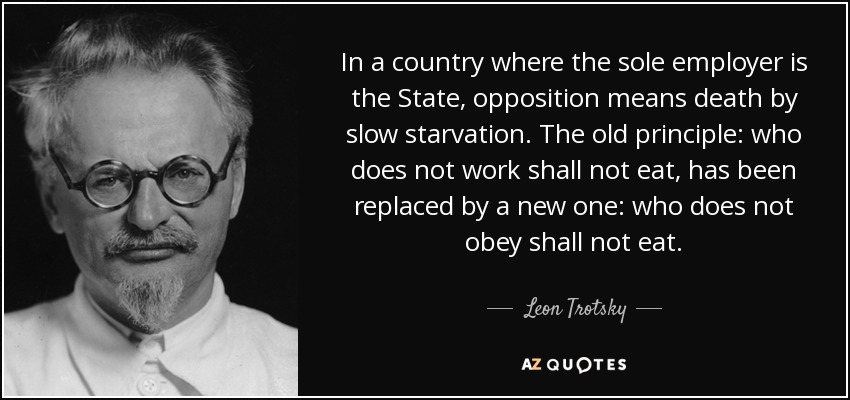
Michael Lind explains in his Tablet article The New Gatekeepers. Excerpts in italics with my bolds and added images.
How the major institutions of American society all came to sing in the woke chorus,
and what can be done about it
The Great Awokening is a misleading term. Woke activists are not honest missionaries; they are infiltrators, acting with the specific goal of seizing control of institutions and imposing their views on others. Unlike the Protestant evangelists of the Great Awakenings, today’s activists do not use simple language to spread their message to sinners in need of repentance. On the contrary, they camouflage radical beliefs in bureaucratic acronyms like DEI and CRT, and anodyne-sounding terms like “gender-affirming health care”—in practice, often a euphemism for castrating boys and men and sterilizing and performing irreversible mastectomies on girls and women. Where Protestant evangelists sought voluntary and whole-hearted conversion, the new activists seek submission, imposed on penalty of ostracism.
If these activists are not evangelists, what are they? They are “entryists.” The term “entryism” has been associated with the Trotskyist denomination of Marxism since the 1930s, when the exiled Leon Trotsky urged his followers in Britain to infiltrate the Labour Party and influence it from within, rather than form their own small, ineffectual party. But the tactic is not limited to the political left. In the United States there have been cases in which Protestant fundamentalists ran for local school boards as moderates and then, once they had majorities on the board, used their power for goals like teaching “creation science” along with evolutionary biology.
The center left of the political spectrum has historically been vulnerable
to entryism by small, radical sects of zealots.
Today’s illiberal radicals, like yesterday’s communists, have profited from a “no enemies to the left” policy among liberals. Mild-mannered liberals and progressives believe in civil rights, so therefore something called “anti-racism” must be worth supporting, even if there are a few problems here and there: Ibram X. Kendi’s sectarian lunacy thus hitches a free ride on the legacy of Martin Luther King Jr. Similarly, adding “T” and “Q” to LGB legitimated public acceptance of radical gender ideology, as though insisting that controversial and often dangerous “gender transitions” are a natural and unobjectionable continuation of the campaign to allow same-sex couples to marry.
Wokists, then, are not the new Protestants, any more than they are the new Trotskyites. They are entryists in their methods, but not in their ideology. Such identity politics is not the kind of coalition of college students and minorities that Herbert Marcuse and other Marxists hoped for in the 1960s, after they were disappointed by the lack of revolutionary fervor among the American and European working classes. Black nationalism, the model for all racial and ethnic nationalisms on the Western left, has its roots in 19th-century German racial and cultural nationalism, not cosmopolitan Marxism. Radical feminism, which spawned gender ideology, has its own tradition as independent of socialism, even if some radical feminists have also been socialists. Indeed, real communist regimes like the Soviet Union, China, North Korea, and Cuba have usually been repressively traditional in matters of sex and gender.
This, however, raises a question. The various streams of identity politics that feed into today’s radical ideology are not new. Indeed, they have existed on the margins of politics and intellectual life for generations. As recently as the 1980s and 1990s, “political correctness” was ridiculed into irrelevance everywhere except on university campuses and a handful of sectarian left institutions. What exactly is it that changed in the structure of American institutions so that the new entryists were able to successfully infiltrate and capture so many major organizations and professions in the 2010s, after such tactics had repeatedly been tried and failed before?
Three Gateways Taken Over by Woke Activists
Control of three gateways in particular has been critical to the success of woke entryism. The three gateways are college education, professional accreditation, and commercial services, particularly new online media platforms like Twitter, sales platforms like Amazon, and financial platforms like PayPal. All three wield variants of the same power: the power to exclude people from the economy. Good Trotsky-style entryists that they are, woke activists, knowing that they would be defeated in free elections and in open public debates, have sought to infiltrate institutions to control key chokepoints or gateways, which empower them to be gatekeepers.
Today, unlike a generation ago, young Americans typically must pass through three gateways, in order to be economically successful. They must obtain college diplomas; they must join professional accrediting organizations; and they must be able to do business via platforms in the marketplace.
The American Medical Association was founded in 1847, and the American Bar Association in 1878. Colleges and universities assumed their present form only in the late 19th and 20th centuries, and as recently as 1960 only about 10% of American men and around 6% of American women had bachelor’s degrees or higher.

Of the three kinds of gateway—the professional, the academic, and the platform—the third is the newest, a product of the early 21st century. As one writer recently put it, “the Woke is a vanguard movement that seized control of a new technology and used it as a force multiplier to discipline and terrorize the larger institutional landscape.”
Waiting for people at each gateway, like trolls under a bridge in a fairy tale, are woke leftists, who demand that they recite the in-group passwords before they are allowed to pass through the gates. What makes these gateways particularly vulnerable to capture by disciplined, zealous entryists in the United States is the fact that they are mostly private and unregulated. America’s most prestigious universities are private, and they set the standards for other universities in the country, both private and public. Whether private or public, all American universities are accredited by private, nonprofit accrediting agencies and not by America’s federal or state governments.
But most traditional corporations either face rivals in competitive markets, or, if they are natural monopolies, are subject to regulation and government oversight. In contrast, platforms like Facebook, Amazon, and PayPal, along with search engines like Google, are near-monopolies in whole sectors of the economy, and yet have won the right not to be regulated by federal, state, or local governments. As a result, they can “deplatform” people, including the president of the United States, at will—and those who have been deplatformed, canceled, or otherwise disappeared from the marketplace or the public realm have little recourse, except to a rubber-stamp board appointed by the platform’s executives, on the basis of “rules of service” that the corporate managers and their puppets make up and can change at any time. This combination of exemption from regulation with legal impunity would have been unthinkable in the age of AT&T and the three broadcast networks, before the rise of the tech sector at the end of the 20th century.
No wonder that woke entryists prefer worming their way into immense, centralized quasi-monopolies and oligopolies in the private sector instead of trying to capture the government by persuading voters and winning in thousands of elections at all levels.

The increasing polarization of the American class system along educational lines, along with a massive oversupply of college graduates for too few jobs that actually require college degrees, breeds conformity and submission in undergraduates. In the 1990s, you could mock your politically correct professor or classmates and go on to a successful career in law, medicine, business, or even the academy. In the 2020s, if you mock your politically correct professor or classmates, you can be put through Kafkaesque trials and Maoist reeducation on campus, and the mark on your permanent record can prevent you from getting into a good professional school.
Students who dissent from enforced woke orthodoxies on campus run the very real danger of summary punishment by university administrators for a very wide variety of potential crimes, which will be adjudicated by those very same authorities. These crimes can range from holding incorrect opinions about racial essentialism (you’re supposed to be for it) or the existence of multiple genders (there is no exact number, gender being a subjective and elastic concept).

The next gate is the professional gateway—and here again, we find that our entryists have seized the sentry positions and imposed new passwords. The AMA recently issued a glossary of Woke Newspeak, instructing medical doctors to say “equity” instead of “equality” and “systemically divested” instead of “poor.”

Last year, the AMA Board of Trustees passed a resolution demanding that sex cease to be noted in all future birth certificates, on the theory that a boy might have been born by accident in a girl’s body or vice versa, and that the individual might not realize he or she was in the wrong body until decades later. Yes, this is the American Medical Association, not the American Association of Astrologers.
Meanwhile, the American Bar Association has proposed making the accreditation of U.S. law schools depend on their success in promoting goals like rigid race and gender quotas among faculty and students. Noting that such accreditation requirements might cause law schools to run afoul of federal and state laws like the Civil Rights Act of 1964, which established nondiscrimination as the legal standard, the ABA says its own private, made-up accreditation requirements trump actual laws: “The requirement of a constitutional provision or statute that purports to prohibit consideration of race, color, ethnicity, religion, national origin, gender, gender identity or expression, sexual orientation, age, disability, or military status in admissions or employment decisions is not a justification for a school’s noncompliance with Standard 206.”
Let’s assume that a submissive, deferential American professional of the 21st century, having mouthed the platitudes necessary to obtain a B.A. and graduate from a professional school, now seeks to practice a career in sales, authorship, or politics. If you wish to buy or sell a gun in a perfectly legal transaction, Visa will allow it but PayPal and Square will not.
If you publish a book critical of the new gender ideology, Amazon may disappear it, the way it disappeared Ryan T. Anderson’s When Harry Became Sally. Inexplicably, Amazon sells Abigail Shrier’s Irreversible Damage: The Transgender Craze Seducing Our Daughters—but then, despotic power is more frightening when it is arbitrary.
And if you run for office, you may find yourself banned or suspended by social media platforms. As of Aug. 15, 2022, Ballotpedia listed seven elected officials who had been banned or suspended by Twitter, Facebook, or YouTube—all Republicans. In addition to Donald Trump, the list includes Rep. Jim Banks of Indiana, suspended by Twitter for 14 days in 2021 for “targeted misgendering or deadnaming transgender individuals,” and Sen. Rand Paul of Kentucky, a medical doctor, suspended by YouTube for seven days for allegedly spreading misinformation about COVID-19.
Piece by piece, woke activists are assembling a private version of China’s social credit system, which can cut off individuals who run afoul of ideological orthodoxy from acquiring educational credentials, practicing a trade, or engaging in political speech. While Trotskyist entryists spent decades trying to infiltrate and influence social democratic parties and trade unions, woke entryists in only a decade and a half have captured many of the leading communications, sales, and financial platforms in modern society, along with professional associations and universities. Leon Trotsky would be impressed.

Alas, only one solution to the threat of woke hegemony can possibly work: a massive and permanent expansion of the regulatory powers of American government.
Because of the longstanding ideological habits and precommitments of those who broadly agree with the above diagnosis of the problem, this is typically the last solution that occurs to them. Paradoxical though it may seem, however, political intervention is necessary to depoliticize the institutions that have already been diverted from their limited missions and competencies. Reluctant but determined intervention by the elected branches of government can compel neutrality on the part of professional and commercial institutions that have been captured and weaponized by the new entryists.
The obvious objection to expanding the power of the states and the federal government to eliminate control by the new entryists over key social and economic chokepoints is the libertarian belief that government itself is the enemy. One response might be that the belief that private enterprise would be more inherently fair than a state grounded in the democratic process and the rule of law is what got us into this mess in the first place.
It is also the case that, contrary to popular belief, the federal government does not have vast plenary powers. The federal government chiefly influences state and local policy by means of “fiscal federalism.” The Obama administration abused fiscal federalism when radical activists ensconced in his Department of Education made federal funding for K-12 schools contingent on public schools adopting controversial gender ideology.
The best way to prevent the federal government from using this kind of economic blackmail against state and local government institutions, of course, is to keep woke parties and politicians and appointees out of power in Washington, D.C. If that fails, states should refuse federal funding that comes with strings attached, rather than submit to blackmail by tiny cadres of activists who have infiltrated and captured specific federal agencies like the Department of Education.
Increasingly, state governments led by anti-woke elected officials have begun using state power to check the ideological excesses of corporations and banks. Far from being an assault on liberty, this is a healthy and overdue reassertion of democracy. Elected officials answer to citizens. Corporations and nonprofits answer only to their boards of directors and shareholders or donors. And as entities that can exist and do business only because of government charters, corporations and nonprofits must follow rules promulgated by representatives of the people.
Will anti-woke governments commit abuses in responding to the abuses of woke companies and nonprofits? No doubt they will sometimes. But if they do, their misdeeds will be easily identified and have clear remedies, unlike the hidden decisions of vast private bureaucracies. Abusive legislators and governors can be voted out of office, unlike the obscure individuals who belong to Facebook’s self-regulating bureaucracy.
In other eras, and in other countries, public tyranny has indeed been a major threat to individual freedoms. In the United States, in the third decade of the 21st century, the private tyranny of universities, professional associations, and tech platforms is a greater threat than the tyranny of an oppressive state. When it comes to reducing the power of the new entryists in the private sector, the restoration of our liberties requires an expansion of democratically accountable government.

One comment